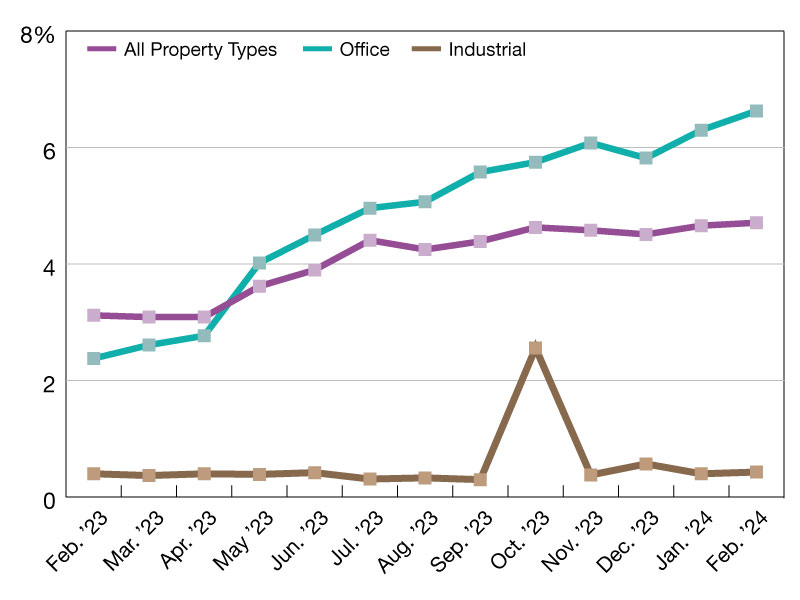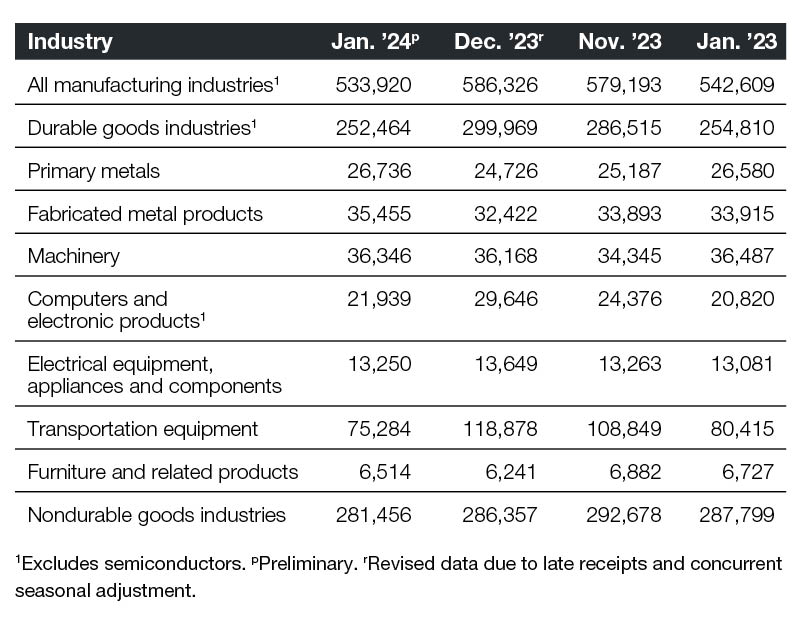Economy Watch: Tech Advancement Requires More Employees, Not Fewer
Even as industries shift to more advanced, automated processes, companies still plan to increase their headcounts in the next two to three years, according to a recent ManpowerGroup report.
By D.C. Stribling

Image courtesy of Flickr Creative Commons user totalAldo
Technology is rapidly transforming companies, but they will need more people in the near term to meet the demand stimulated by automation, not less, according to ManpowerGroup in a report released this week, Robots Need Not Apply: Human Solutions in the Skills Revolution.
The report surveyed 2,000 U.S. employers and found that 91 percent will maintain or increase headcount in the next two to three years as industries shift to more advanced, automated processes. According to Manpower, the report provides a real-time view of the impact of automation on headcount, the functions most affected, and the soft skills that are both of greatest value and hardest to find.
“Digitization will impact every industry in the U.S., creating new jobs that require different skills,” said Becky Frankiewicz, ManpowerGroup North America president, in a statement. “Our research shows this is good news for people, provided they are ready for a world of work that is more digital and fast-paced than ever before. Savvy employers are helping workers succeed by identifying those skills that can be adapted to new roles.”
Frontline and customer-facing functions anticipate the most growth, as organizations place higher value on customer service and human interaction, the report said. Manufacturing and production functions are close behind. Back-office functions that are routine or add less value to customer interactions are under the greatest threat as organizations implement automation to drive efficiency.
In the skills revolution, Manpower posited, the best blend of high-tech and high-touch will be a combination of human strengths with technical and digital know-how. Some 61 percent of companies say communication skills, written and verbal, are their most valued soft skill followed by customer service, collaboration and problem-solving.







You must be logged in to post a comment.